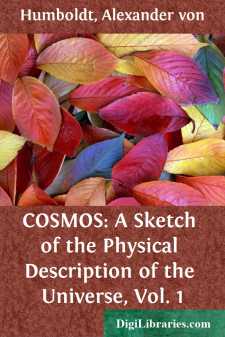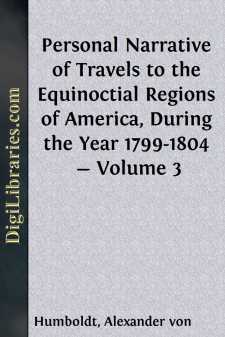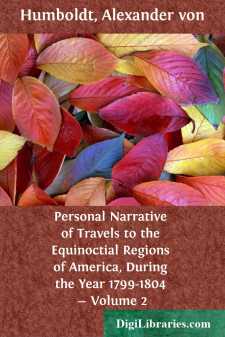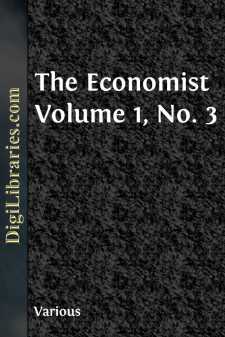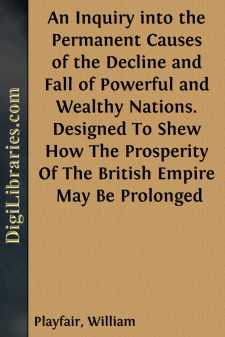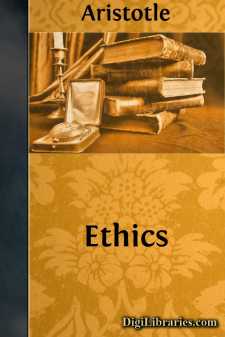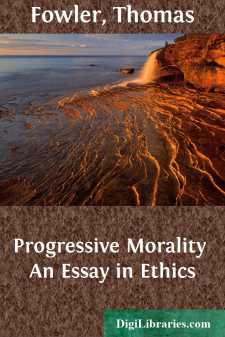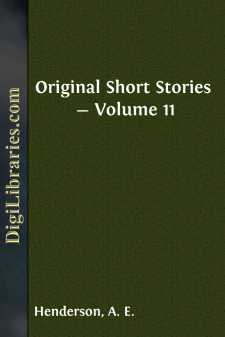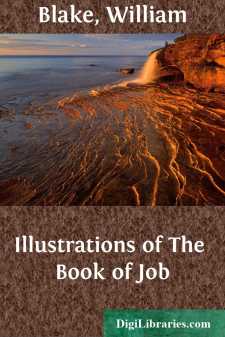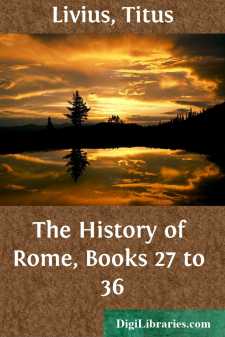Categories
- Antiques & Collectibles 13
- Architecture 36
- Art 48
- Bibles 22
- Biography & Autobiography 813
- Body, Mind & Spirit 142
- Business & Economics 28
- Children's Books 17
- Children's Fiction 14
- Computers 4
- Cooking 94
- Crafts & Hobbies 4
- Drama 346
- Education 46
- Family & Relationships 57
- Fiction 11829
- Games 19
- Gardening 17
- Health & Fitness 34
- History 1377
- House & Home 1
- Humor 147
- Juvenile Fiction 1873
- Juvenile Nonfiction 202
- Language Arts & Disciplines 88
- Law 16
- Literary Collections 686
- Literary Criticism 179
- Mathematics 13
- Medical 41
- Music 40
- Nature 179
- Non-Classifiable 1768
- Performing Arts 7
- Periodicals 1453
- Philosophy 64
- Photography 2
- Poetry 896
- Political Science 203
- Psychology 42
- Reference 154
- Religion 513
- Science 126
- Self-Help 84
- Social Science 81
- Sports & Recreation 34
- Study Aids 3
- Technology & Engineering 59
- Transportation 23
- Travel 463
- True Crime 29
COSMOS: A Sketch of the Physical Description of the Universe, Vol. 1
Description:
Excerpt
VOLUME I
[p 2 is blank]
p 3 TRANSLATOR'S PREFACE. ———————————-
I CAN not more appropriately introduce the Cosmos than by presenting a brief sketch of the life of its illustrious author.* While the name of Alexander von Humboldt is familiar to every one, few, perhaps, are aware of the peculiar circumstances of his scientific career and of the extent of his labors in almost every department of physical knowledge. He was born on the 14th of September, 1769, and is, therefore, now in his 80th year. After going through the ordinary course of education at Gottingen, and having made a rapid tour through Holland, England, and France, he became a pupil of Werner at the mining school of Freyburg, and in his 21st year published an "Essay on the Basalts of the Rhine." Though he soon became officially connected with the mining corps, he was enabled to continue his excursions in foreign countries, for, during the six or seven years succeeding the publication of his first essay, he seems to have visited Austria, Switzerland, Italy, and France. His attention to mining did not, however, prevent him from devoting his attention to other scientific pursuits, among which botany and the then recent discovery of galvanism may be especially noticed. Botany, indeed, we know from his own authority, occupied him almost exclusively for some years; but even at this time he was practicing the use of those astronomical and physical instruments which he afterward turned to so singularly excellent an account.
[footnote] *For the following remarks I am mainly indebted to the articles on the Cosmos in the two leading Quarterly Reviews.
The political disturbances of the civilized world at the close p 4 of the last century prevented our author from carrying out various plans of foreign travel which he had contemplated, and detained him an unwilling prisoner in Europe. In the year 1799 he went to Spain, with the hope of entering Africa from Cadiz, but the unexpected patronage which he received at the court of Madrid led to a great alteration in his plans, and decided him to proceed directly to the Spanish possessions in America, "and there gratify the longings for foreign adventure, and the scenery of the tropics, which had haunted him from boyhood, but had all along been turned in the diametrically opposite direction of Asia." After encountering various risks of capture, he succeeded in reaching America, and from 1799 to 1804 prosecuted there extensive researches in the physical geography of the New World, which has indelibly stamped his name in the undying records of science.
Excepting an excursion to Naples with Gay-Lussac and Von Buch in 1805 (the year after his return from America), the succeeding twenty years of his life were spent in Paris, and were almost exclusively employed in editing the results of his American journey. In order to bring these results before the world in a manner worthy of their importance, he commenced a series of gigantic publications in almost every branch of science on which he had instituted observations....


